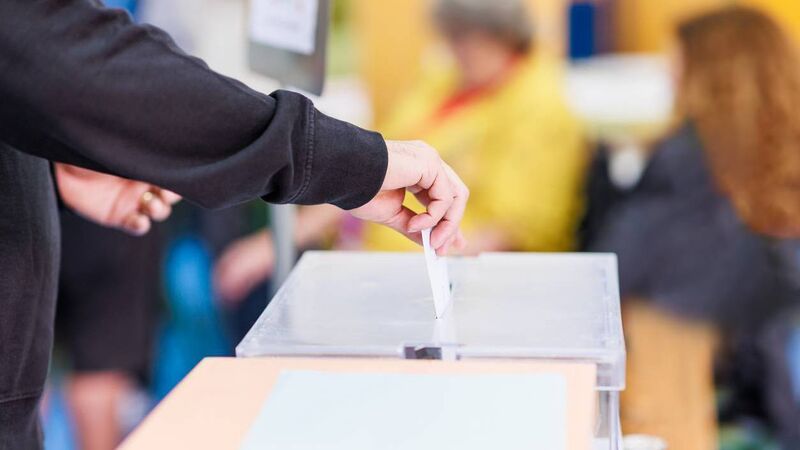Regulator to poll public on maintaining broadcast moratorium in elections and referendums

Dating back decades, the moratorium prohibits the discussion of elections on broadcast media from 2pm on the day before the public goes to the polls. File picture
Ireland’s media regulator is seeking the public’s views on whether to keep the broadcast moratorium in place for future elections and referendums.
Dating back decades, the moratorium prohibits the discussion of elections on broadcast media from 2pm on the day before the public goes to the polls. However, it doesn’t apply to online and print news outlets, or social media, where topics related to elections and referendums can be discussed.














